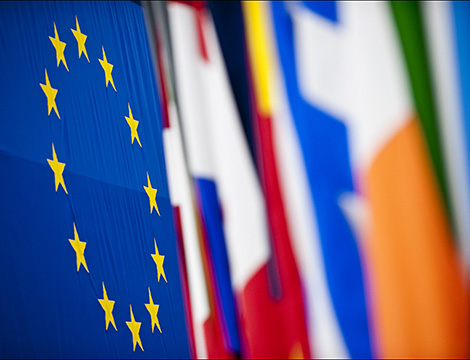
This article was published by Political Violence @ a Glance in October 2016. The post draws on the author’s chapter in a recently released Peterson Institute for International Economics Briefing volume.
China’s Belt and Road Initiative (BRI) – a plan to build a vast network of roads, rail lines, new ports, and other infrastructure improvements a in more than 60 countries, at a cost of $4 trillion – is an economic policy designed to radically expand trade and investment in Asia and around the Indian Ocean. Critically, however, it is also a security initiative with the aim of facilitating economic integration and promoting longer-run peace in the region.
The economic benefits are likely to be large, but there may be rough patches along the new Silk Road. While the proposed investments are precisely the types of trade-enhancing projects development economists have long called for, the geopolitical implications of BRI are complicated. From the restive western Chinese province of Xianjing to Jammu-Kashmir, the Myanmar-Chinese border, and the Indian Ocean, BRI-related initiatives target or traverse some of the world’s most contested territories. Major power development programs abroad – such as the US Marshall Plan and Alliance for Progress – have always been motivated by a mixture of economic and security concerns. Indeed, BRI is intended in part to address security fears emanating from these regions by improving economic prospects.




